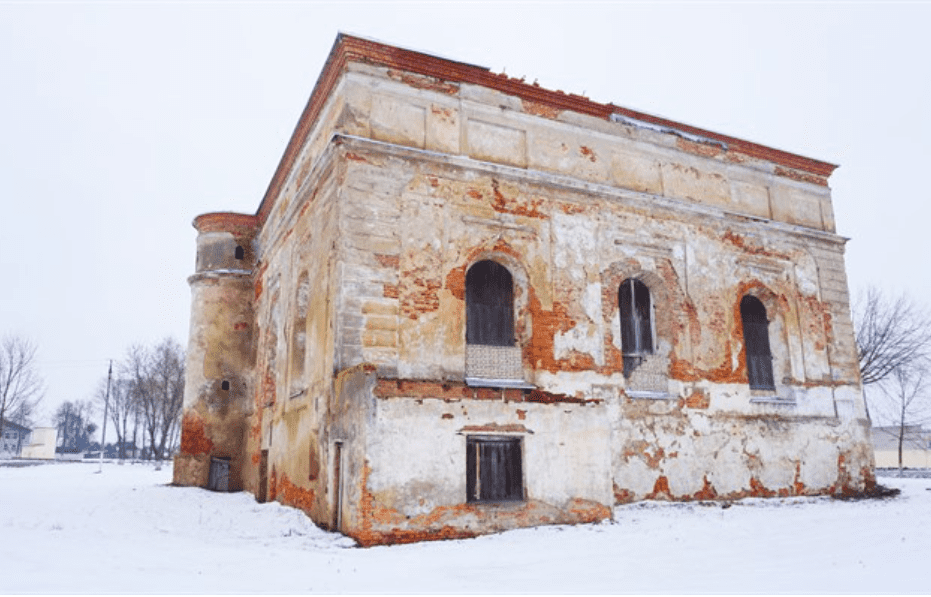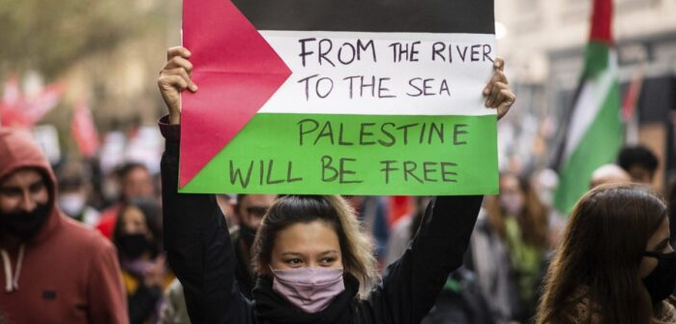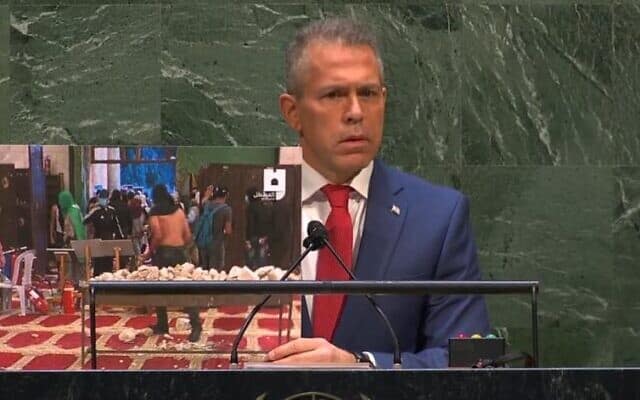Every Day during the Corona crisis our Advisory Board Member Chief Rabbi Binyomin Jacobs (NL) writes a diary, on request of the Jewish Cultural Quarter in Amsterdam, which is published on the website of the NIW, the only Jewish Dutch Magazine. Rabbi Jacobs is the head of Inter Governmental Relationships at the Rabbinical Centre of Europe. We will be regularly publishing a selection of his informative, sometimes light hearted, but always wise pieces.
For our Dutch readers you can follow the diary every day at NIW home page: https://niw.nl
Mr cohen from Schin op Geul
The world is turned upside down. The UK in isolation. My grandson, who lives in London but is studying at a Talmud College in Israel, will join us soon. He had flown from Israel to London for a week to attend his older brother’s wedding, but now cannot go back. And so he travelled to Calais last night via Dover, is now in Belgium and will come here immediately in the hope / expectation that he can still fly to Israel from the Netherlands.
Incidentally, he has been tested for corona and according to the test he is in possession of a very large number of antibodies and we do not have to worry about contamination, although we will of course observe the 1½ meters.
We have made it through Hanukkah quite well, but uncertainties are starting to gnaw more and more and so the limitations of human ability are becoming increasingly visible. But in the meantime, that ‘other’ older virus is also spreading: in the ND, the Nederlands Dagblad I am quoted:
Chief Rabbi Jacobs: ‘Prohibition of kosher slaughter has been a precursor to the persecution of the Jews throughout the centuries’. ‘Naturally we want to contribute to the welfare of animals,’ emphasizes Chief Rabbi Binyomin Jacobs. ‘Well-being is not only about slaughter, but also about everything before that: the stables, transport. The focus is now on one point: slaughter. I would like to sit with the PvdD, but then for the total well-being. ‘ Jacobs is moved by the ruling of the European Court. “If they’re really concerned about animal welfare, let them bring up animal cruelty and sadism in slaughterhouses and the large meat industry.”The Chief Rabbi sees the will to ban kosher slaughter as a sign of rising anti-Semitism. ‘The first ban that Hitler issued in the Netherlands was that of kosher slaughter. It is absolutely not the case that I accuse the people who are now advocating a ban with anti-Semitism. But the phenomenon has always been a precursor to the rising persecution of the Jews. That worries me very much. ‘ ‘Animal welfare is very high on the Jewish standard’, he continues. ‘Kosher slaughter is precisely about the welfare of the animals. And even if the animal is stunned, ie paralyzed, no one knows whether the animal suffers when it is cut into pieces. Science does not clarify this. ‘ Jacobs foresees major consequences if the Netherlands, like Flanders, imposes a ban on kosher slaughter without anesthesia. ‘Then we can’t eat meat anymore. Or we have to import it. It would be more consistent if the Party for the Animals advocated a general ban on meat. Then I would become a vegetarian. ‘ According to him, the consequences are even more far-reaching: ‘Orthodox Jewish people will leave the Netherlands. And Orthodox Jewish life is already so sparse. They are the core of the Jewish community. If it disappears, the periphery of the Jewish community will also disappear. ‘ The European Court of Justice partly relies on science for its judgment. However, according to Jacobs, this is not unambiguous. A ban on ritual slaughter is drastic for the Jewish community. “It’s an erosion of the faith community.”
And in the RD, the Reformatorisch Dagblad, Rabbi v.d. Camp words to that effect and elsewhere I also saw that Lowenstein expressed the same concern. It is nice that it is precisely through an attack on a religious aspect of Judaism that something very unique becomes visible, something to which I was drawn to the attention of, among other things, a non-Jewish employee at the EO. I was at the EO a few days ago to record a podcast for the Jewish Broadcasting Company. Afterwards you talk a little longer. If a member of one of the PKN municipalities no longer sees the faith, he deregisters and is therefore no longer Protestant. But the Jew always remains a Jew, he explained to me! I remember a certain Mr Cohen from Schin op Geul. He was an atheist, anti-Zionist, vehemently against Israeli politics and wanted nothing to do with Judaism. Of course, he did not want to speak to me, he explained to me in an impassioned speech of at least half an hour. But when some years later the local pastor asked him to give a lecture to his church about Israel’s special position in the Middle East and so he was actually asked to defend Israel’s politics and for the unassailable union between Jews and the holy Land, he called me and asked to help him prepare for his talk.
And we see the same thing now. Because also Jews who really do not attach any importance to kosher food and certainly not to kosher meat, for whom kosher slaughter has no value and who will not be harmed by any means if there is a ban on kosher slaughter, stand hand in hand with me in the fight against the ruling of the European Court. Why? Because they too feel that it is not primary here that this is not primarily about animal welfare, but about the survival of the Jewish Community in Europe. But does the unbelieving Jew (if any) then need the survival of religious Judaism? And then I just quote that non-Jewish employee of the EO: being a Jew goes deeper than just faith and is certainly not linked at all to membership of the Jewish community.
I think that Mr Cohen from Schin op Geul is an exemplary example of this.















